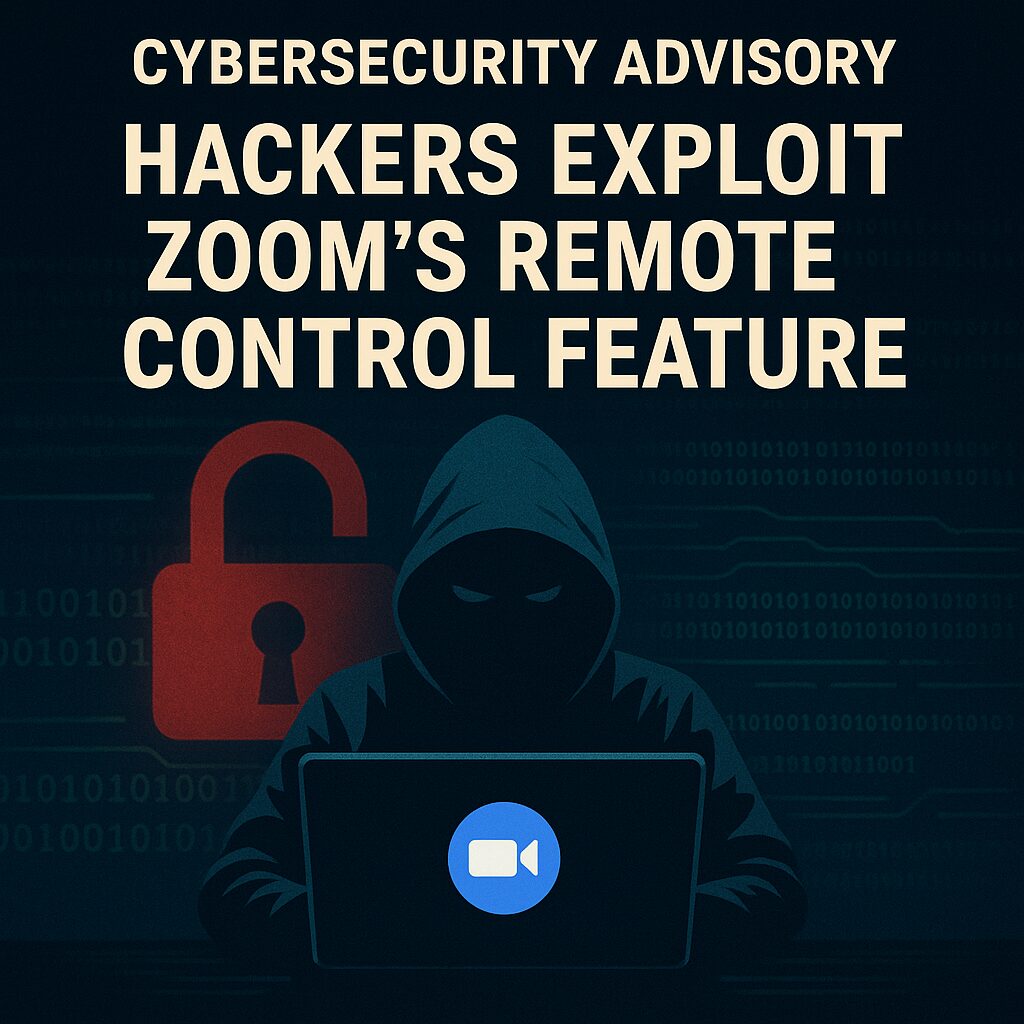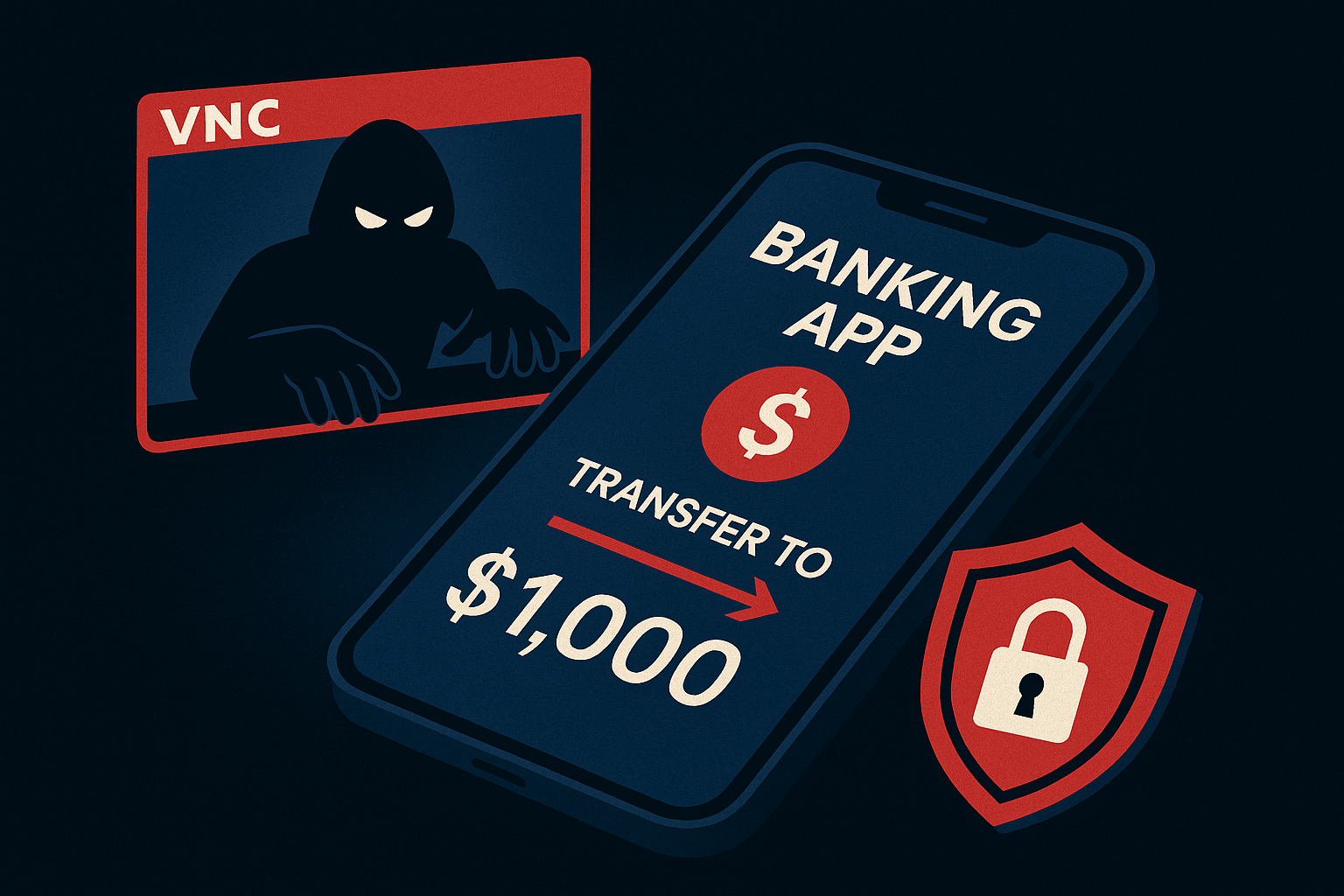
A newly uncovered cyberattack campaign is exploiting Zoom’s Remote Control feature to infiltrate the systems of cryptocurrency traders and venture capitalists. Named “Elusive Comet,” this campaign employs sophisticated social engineering tactics to trick users into granting remote access during Zoom meetings, leading to the deployment of infostealer malware and unauthorized access to sensitive data.
Zoom’s remote control feature, designed to allow meeting participants to share control of another user’s computer during a session, is at the heart of this exploit. The attack unfolds in four deceptive steps:
What makes this attack particularly insidious is the permission dialog’s similarity to harmless Zoom notifications. Users conditioned to approve routine prompts may unwittingly hand over complete control of their systems.
The Elusive Comet campaign underscores a shift in cybercrime toward human-centric attacks that manipulate legitimate workflows rather than exploiting technical vulnerabilities. This approach, also seen in the Bybit hack linked to North Korean hackers, exploits user trust and familiarity with tools like Zoom. For organizations and individuals handling cryptocurrency or sensitive data, the stakes are high, and attackers can drain wallets or compromise entire systems in seconds.
To safeguard against this threat, consider the following measures:
This exploit is a wake-up call for the cybersecurity community. As remote collaboration tools become ubiquitous, attackers are increasingly targeting user behavior rather than software flaws. The blockchain industry faces heightened risks as operational security failures outpace technical vulnerabilities. Organizations must prioritize user training, robust access controls, and proactive threat monitoring to stay ahead of sophisticated threat actors like Elusive Comet.
The Zoom remote control exploit is a stark reminder that even trusted tools can be weaponized in the wrong hands, and it’s only a matter of time before such attacks target regular computer users. By disabling risky features, adopting browser-based alternatives, and fostering a culture of cybersecurity awareness, individuals and organizations can mitigate these threats. Stay informed, stay cautious, and keep your systems secure.
Discover and share the latest cybersecurity trends, tips and best practices – alongside new threats to watch out for.

In cybersecurity, not all attacks happen through fancy malware or zero-day exploits. Some of the most effective...
Read more
The rapid rise of generative AI has unlocked enormous promise, but it’s also accelerating the arms race in...
Read more
Newly discovered Android banking Remote Access Trojan (RAT), dubbed Klopatra, has compromised more than 3,000...
Read moreGet sharper eyes on human risks, with the positive approach that beats traditional phish testing.
